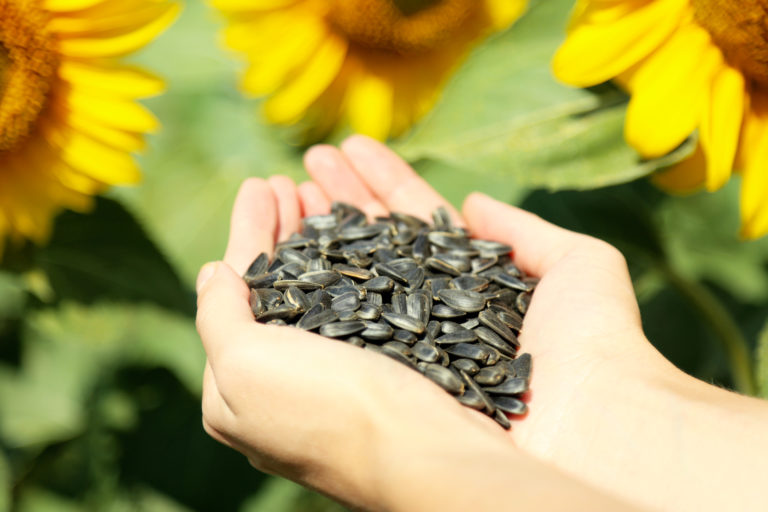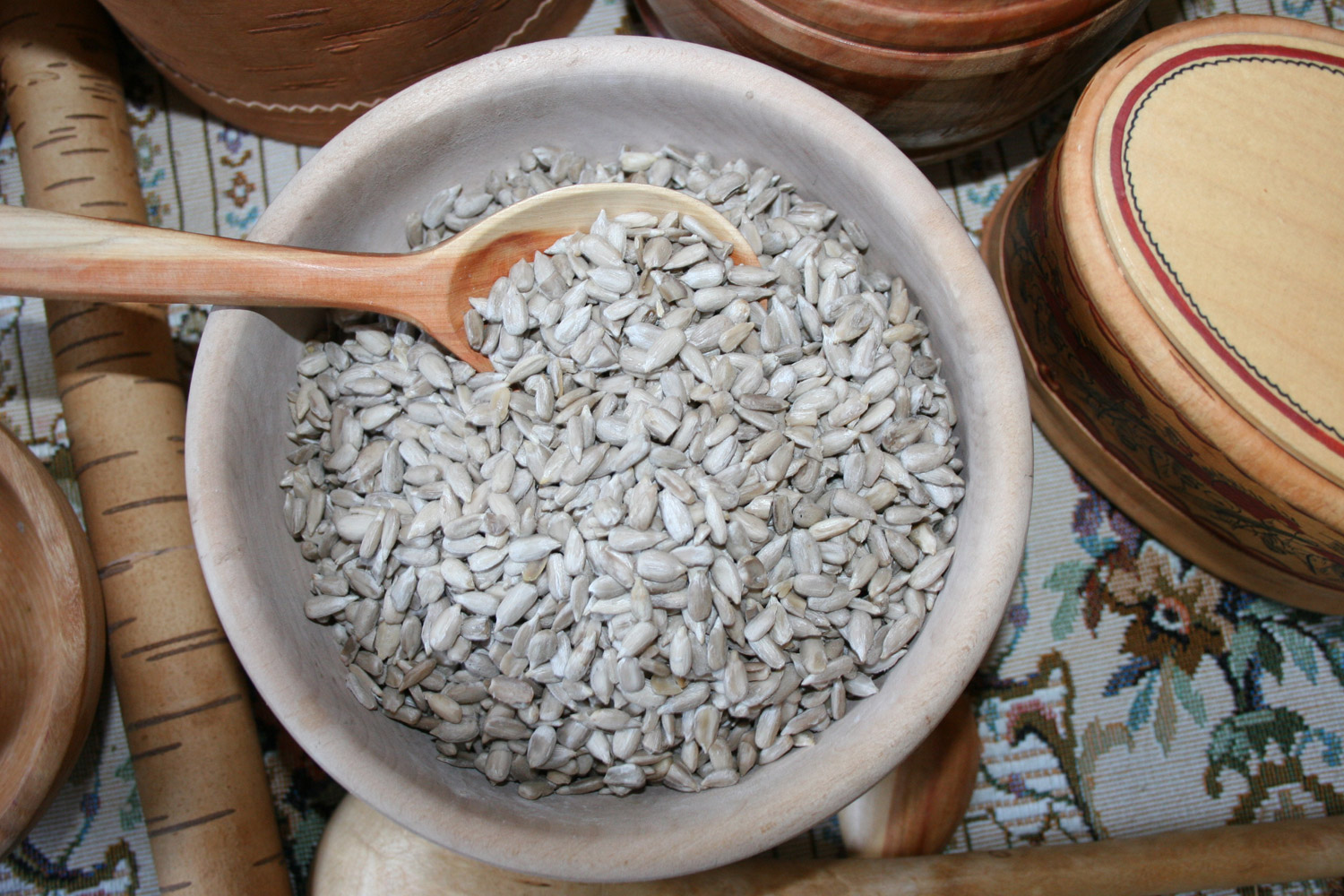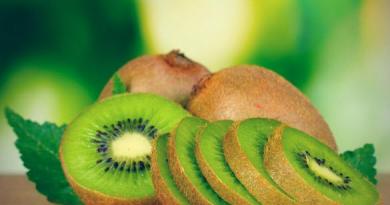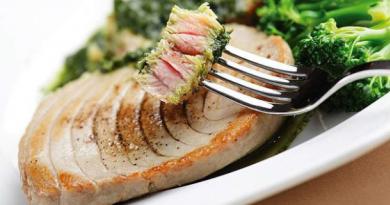Many people enjoy sunflower seeds: this product is a great way to pass the time. Sunflower seeds can bring considerable benefits to the body of adults and children. But their use can also be harmful. Let's try to understand all the nuances and understand how to use the product for good.
When used in moderation, sunflower seeds have the following effects:
- positively affect the digestive organs (including the liver);
- have a beneficial effect on the nervous and cardiovascular systems;
- improve the condition of the hair, prevent premature aging of the skin;
- stabilize pressure;
- increase immunity;
- have a positive effect on reproductive ability;
- normalize the acid-base balance;
- accelerate the recovery of bones and soft tissues after injuries.
The treat is useful for people who are trying to quit smoking - the clicking of seeds acts as a distraction and reduces cravings for tobacco products.
Fried seeds are less useful, but they are tasty and help a person get rid of a bad mood.
 Sunflower seeds, like any product, can bring benefits and harm
Sunflower seeds, like any product, can bring benefits and harm
What are the benefits of sprouted sunflower seeds?
Sunflower sprouts are especially good: they contain the most useful substances. They increase efficiency and libido, normalize sexual function, vision and rejuvenate the body, as a result of their intake, blood is cleansed. There is also an opinion that the use of such seeds serves as the prevention of oncology.
Table: Chemical composition and nutritional value (per 100 g)
| The nutritional value | |
| calories | 578 kcal |
| Squirrels | 20.7 g |
| Fats | 52.9 g |
| Carbohydrates | 3.4 g |
| Saturated fatty acids | 4.3 g |
| Water | 8 g |
| Essential amino acids | |
| Arginine | 1.78 g |
| Valine | 1.07 g |
| Histidine | 0.52 g |
| Isoleucine | 0.69 g |
| Leucine | 1.34 g |
| Lysine | 0.71 g |
| Methionine + Cysteine | 0.79 g |
| Threonine | 0.89 g |
| tryptophan | 0.34 g |
| Phenylalanine + Tyrosine | 1.59 g |
| Non-essential amino acids | |
| Aspartic acid | 1.79 g |
| Alanine | 0.86 g |
| Glycine | 1.13 g |
| Glutamic acid | 4.12 g |
| Proline | 1.18 g |
| Serene | 0.79 g |
| Tyrosine | 0.54 g |
| Cysteine | 0.40 g |
| vitamins | |
| Vitamin A | 3.0 µg |
| Vitamin E | 31.2 mg |
| Vitamin B1 | 1.84 mg |
| Vitamin B2 | 0.18 mg |
| Vitamin PP | 15.7 mg |
| Macronutrients | |
| Potassium | 647 mg |
| Calcium | 367 mg |
| Magnesium | 317 mg |
| Sodium | 160 mg |
| Phosphorus | 530 mg |
| trace elements | |
| Iron | 6.1 mg |
| Manganese | 2.08 mg |
| Copper | 1.80 mg |
| Selenium | 78.2 mcg |
| Zinc | 5.21 mg |
Contraindications and possible harm
Avoid sunflower seeds
- people suffering from gastritis, peptic ulcer, stomach colic;
- overweight people;
- patients with gout;
- those who are allergic to the product or its individual intolerance.
There is an opinion that eating unpeeled seeds can lead to appendicitis (inflammation will occur due to the accumulation of indigestible seed rind).
When preparing roasted sunflower seeds, it is important not to overcook them. If this happens, the product should be discarded. Such seeds are harmful to the throat, tooth enamel, and can also cause cancer cell growth and heartburn.
If the roasting technology is violated, a dangerous substance is formed - benzopyrine, which causes impotence.
Video: Pros and cons of roasted seeds
Features of use
Norm for adults
It used to be that the daily norm of sunflower seeds should be 20-30 grams. Now it is recommended to use in smaller quantities - up to 25 grams. The optimal dosage of peeled seeds for healthy adult men is no more than 50 grams.
For diseases
Diabetes
With diabetes, it is allowed to eat only dried seeds in an amount not exceeding the norm. Roasted seeds (even peeled) can be harmful to health.
pancreatitis
Sunflower seeds should not be eaten during acute pancreatitis. During the period of remission, it is sometimes allowed to use a raw dried product. But even it can be eaten no more than 1-2 times a week and only with normal tolerance.
When losing weight
During a weight loss diet, it is better to refrain from seeds, as they contain a lot of calories. However, some nutritionists allow sunflower seeds to be eaten, recommending eating them raw once a day. The daily norm should not exceed 20 grams.
For women during pregnancy and breastfeeding
Sunflower seeds are useful during pregnancy, but their volume should not exceed 50 grams per day (the product should be cleaned with washed hands). Before using the seeds, it is better to consult a doctor in advance.
During breastfeeding, it is better to refuse seeds. They sometimes cause a rash, colic, and vomiting in a child. In addition, due to the use of the product, mother's milk can become tasteless, as a result of which the baby will begin to eat little. If you still want to eat some seeds, then the daily rate should not exceed 20 grams. In this case, you should monitor the condition of the child. In the case of a normal reaction on his part, you can continue to use the seeds.
For kids
According to pediatricians, children under three years old should not be given the product. However, there is no consensus regarding the daily allowance for a baby: some experts believe that it should be less than 20 grams, others that it is permissible to use it in this amount. Preschoolers should be given seeds no more than 1-2 times a week. At the same time, parents should clean the product in advance so that the child does not choke on the peel.
Sprouted seeds should not be given to children under the age of 12.
 Children are supposed to be given only shelled sunflower seeds.
Children are supposed to be given only shelled sunflower seeds.
Health recipes using sunflower seeds
Navar from raw seeds for hypertension
Put raw seeds in a saucepan in an amount corresponding to a half-liter jar, pour cold water, put on the stove and bring to a boil. Then keep everything on low heat for two hours. Seeds should be boiled with husks, they do not need to be peeled. After boiling, the broth should be slightly cooled and filtered. It is supposed to drink in small portions of one hundred milliliters. It is necessary to take the remedy for at least two weeks, then take a five-day break and repeat the course if necessary.
Video: How to brew a product from pressure?
Home remedy for cough and bronchitis
Pour 50 grams of raw sunflower seeds into a saucepan, add 200 ml of water and bring to a boil. Then leave the raw material to cook over low heat. When a third of the liquid boils away, the container should be removed from the stove, cool the broth, strain and use two tablespoons three times a day.
Infusion to lower blood sugar levels
It is necessary to take half a glass of seeds, rinse them, place them in a pre-prepared thermos, pour a liter of hot water (preferably even boiling water). Leave the raw material overnight, and strain the resulting infusion in the morning. The prepared remedy is taken before and after meals. The use of such a drink should last two weeks. After that, a break is made for the same period. It is allowed to take the remedy for three courses in a row.
Recipe for boosting immunity
It is necessary in the morning on an empty stomach to consume one teaspoon of sunflower seeds and seize them with the same amount of honey and lemon juice. Seeds must be raw and peeled.
Sunflower seeds are useful for adults and children. A delicacy can help to cope with various ailments, improve health, and increase immunity. The main thing is to observe the daily intake of seeds and not overeat. But before you go to buy seeds, consult your doctor and read the contraindications.



